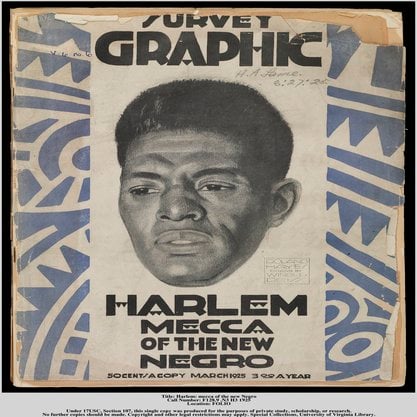Article
Barnard, Mary (1909–2001) By Barnsley, Sarah
Article
Born in Vancouver, Washington, Mary Barnard was a writer best known for Sappho: A New Translation (1958) and her correspondence with Ezra Pound, which she initiated in 1933 after reading a range of modernist works in college. Impressed by the economy of her verse (which reminded Pound of H. D.’s Imagism) and her interest in Greek cadences, Pound supervised Barnard’s early exercises in Sapphics. After winning Poetry’s Levinson Prize in 1935, Barnard relocated to New York where she came under the influence of Marianne Moore and William Carlos Williams. Williams’ tutelage provided a counterpoint to Pound’s, initiating what Barnard called her ‘spare but musical’ style of poems in the American grain, resulting in Cool Country (1940) and A Few Poems (1952). She later translated this style into fiction, writing mysteries and fables, but also into the clarity and measured rhythms of her Sappho translation. Research on Sappho led to an essay volume, The Mythmakers (1966), which anticipated Lévi-Strauss’s work on myth, and Time and the White Tigress (1986), an essay-in-verse exploring time myths. These experiences and creative stages were retold in her memoir Assault on Mount Helicon (1984). Her archive joined the Yale Collection of American Literature at the Beinecke Library following her death in 2001.

